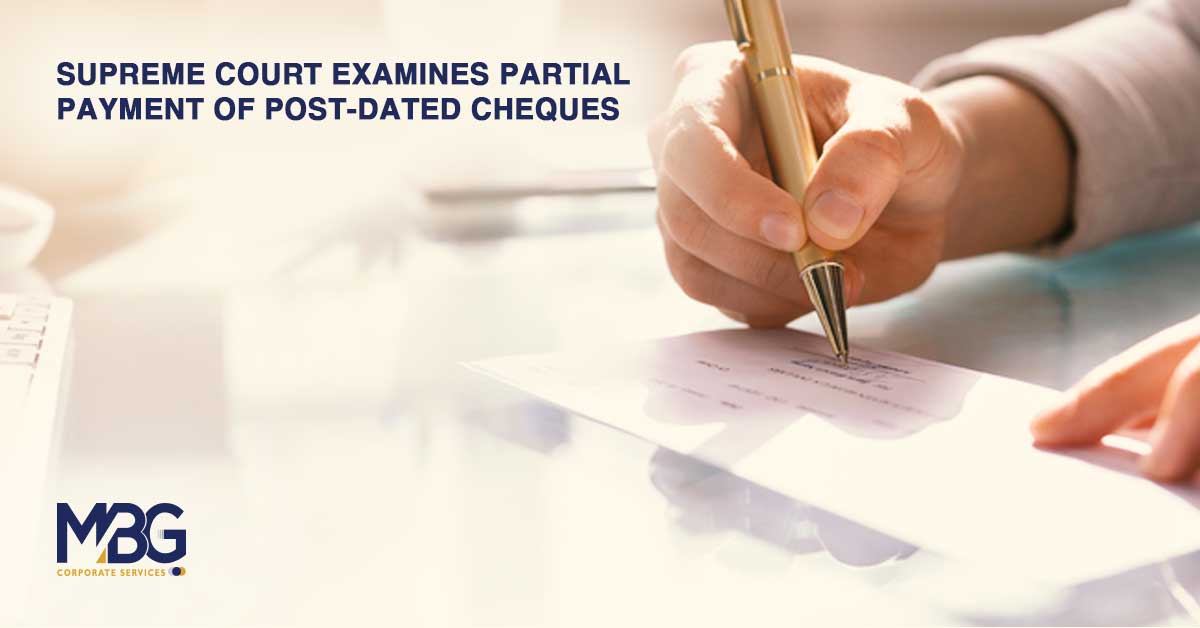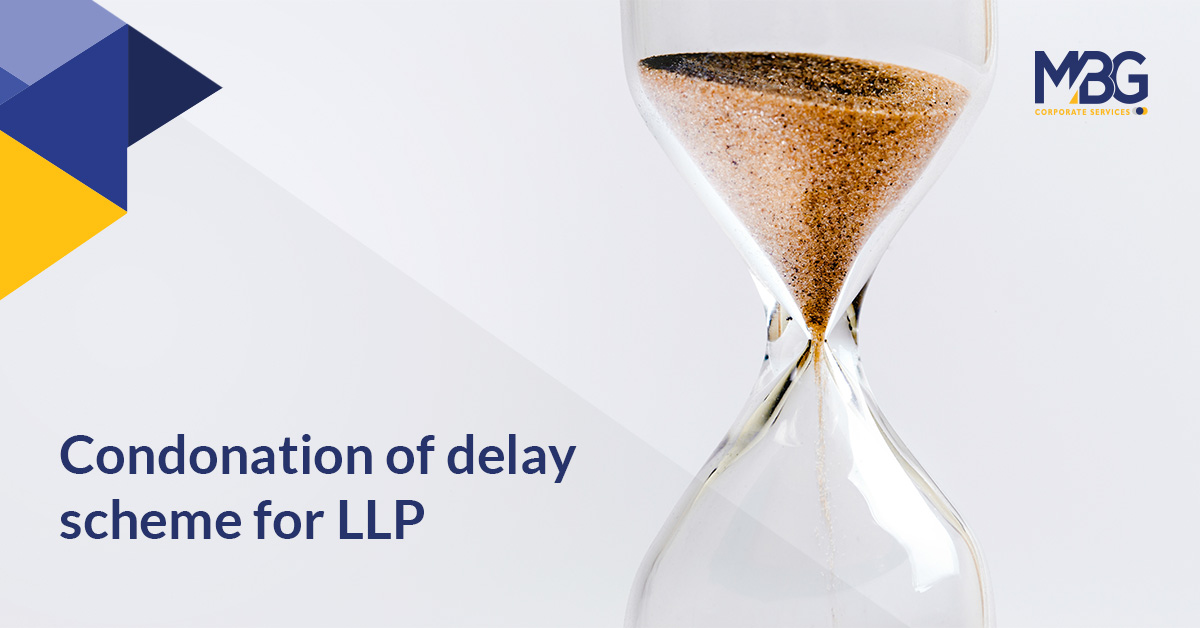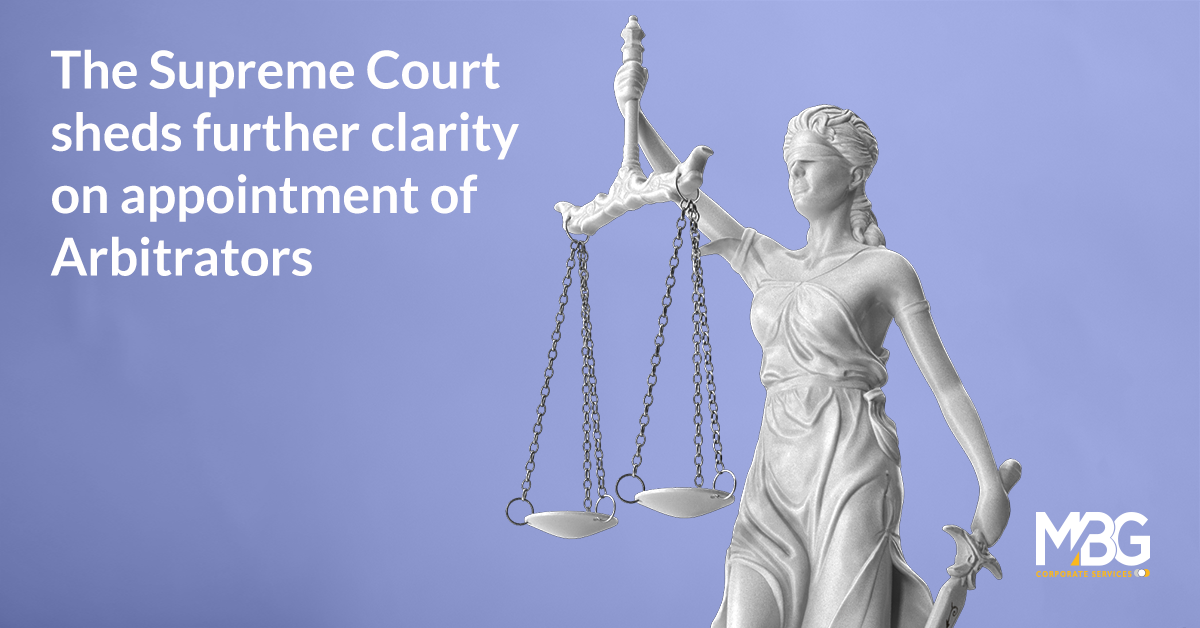Supreme Court examines the inclusion of post-dated cheques under the purview of Section 138 of Negotiable Instruments Act, 1881
November 08, 2022

In one of the most recent landmark judgment dated 11.10.2022, the Division Bench of the Hon’ble Supreme Court comprising of Hon’ble Mr. Justice D.Y. Chandrachud and Hon’ble Mr. Justice Hima Kohli addressed the long standing issue relating to situations where the drawer of a cheque makes a part payment towards debt after the cheque is drawn, but before the cheque is encashed.
Facts of the Case:- On 10.04.2014, the appellant in this case issued a statutory notice to the first respondent under Section 138 of the Negotiable Instruments Act, 1881 (“the Act”) for discharge of his liability, arising out of the cheque dated 17.03.2014, which was presented on 02.04.2014, and dishonored due to insufficient funds.
- Thereafter, a legal notice was issued requesting the first respondent to pay the legally enforceable debt of Rs. 20 Lakhs.
- The first respondent on 25.04.2014 addressed a response alleging that the appellant’s son married the first respondent’s sister, for which Rs. 40 Lakhs were lent to the respondent, which was agreed to be returned by way of Rs. 1 Lakh every three months by cheque, and Rs. 80,000 in cash. Moreover, two cheques were given as security to the appellant, and was agreed that the appellant would return both the cheques when the sum lent was paid in full.
- The appellant filed a criminal complaint against the respondent for the offence u/s 138, however, considering the reply from the first Respondent, the amount was amended from Rs. 40 Lakhs to Rs. 20 Lakhs. On 30.08.2016, the Trial Court acquitted the first respondent on the ground that the first respondent paid the appellant a sum of Rs. 4,09,315 between 08.04.2012 and 30.12.2013, thereby, partly discharging his liability.
- The appellant filed an appeal against the judgment of the Trial Court before the Hon’ble Gujarat High Court, but the same was dismissed on 12.01.2022, hence, giving rise to the present appeal before the Hon’ble Supreme Court of India.
Contentions of the Appellant:
- There was no record to show the payment of INR 4,09,315 made towards the discharge of the debt of INR 20 Lakhs in favour of the appellant;
- The payment of INR 4,09,315 was made before the issuance of the cheque; and
- There was no payment made by the first respondent towards the outstanding amounts since the statutory notice that was served upon him by the appellant on 15.04.2014.
Contentions of the Respondent:
- The term ‘debt or other liability’ used in Section 138 of the Act has been defined in the “explanation clause” to mean a ‘legally enforceable debt or other liability’. Thus, the demand made in the statutory notice must be for a sum that is legally enforceable.
- If the debtor has paid a part of the debt, a statutory notice seeking the payment of the entire sum in the cheque without any endorsement under Section 56 of the part-payment made would not be legally sustainable.
- Since the first respondent has paid off a part of the debt, the appellant cannot initiate actions if the cheque which represented the principal amount without deducting or endorsing a part payment has been dishonored.
Analysis and Judgment:
The Hon’ble court observed and recorded the following:
- When a part or whole of the sum represented on the cheque is paid by the drawer of the cheque, it must be endorsed on the cheque as prescribed in Section 56 of the Act.
- The cheque endorsed with the payment made may be used to negotiate the balance, if any.
- If the endorsed cheque is dishonored on its presentation for encashment upon maturity, only then will the offence under Section 138 will stand attracted.
- For the commission of an offence under Section 138, the cheque that is dishonored must represent a legally enforceable debt on the date of maturity or presentation;
- In the event the drawer of the cheque pays a part or whole of the sum between the period when the cheque is drawn and when it is encashed upon maturity, then the legally enforceable debt on the date of maturity would not be the sum represented on the cheque.
- The notice demanding payment of money has been interpreted by judgments of this Court to mean the cheque amount. The conditions stipulated in the provisos to Section 138 need to be fulfilled in addition to the ingredients in the substantive part of Section 138. Since in this case, the first respondent has not committed an offence under Section 138, the validity of the form of the notice need not be decided.
Conclusion: The appeal was dismissed and the judgement given by Hon’ble Gujarat High Court was upheld.
Last updated: 08/11/2022
Article contributed by:
Nishant Shankar
Senior Associate - Legal









